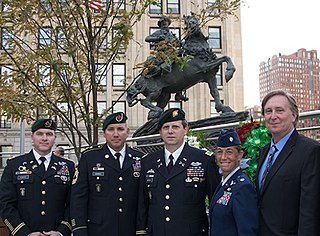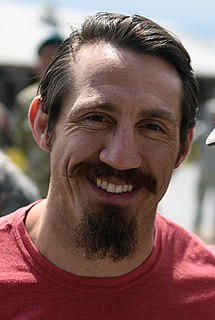A Quote by Peter Bergen
The Green Berets of U.S. Special Forces 5th Group - known as 'the Legion' - who led the anti-Taliban campaign represent a textbook case of a successful Special Forces campaign.
Related Quotes
Of all the places I've been while talking to audiences about the U.S. Army's 5th Special Forces Group and their story in Afghanistan, one of the most rewarding was an appearance before the 5th Group soldiers themselves at Ft. Campbell, their home, and the place from which they had launched their historic mission in Afghanistan in 2001.
The anti-imperialist, forces in the country [Zimbabwe] here, I think are not that strong. The capitalist forces, the reactionary forces are far more formidable, far better organised. But we would have wanted to hear the voice of the anti-imperialist forces, those who espouse the cause of freedom, the cause of independence, everywhere.




























